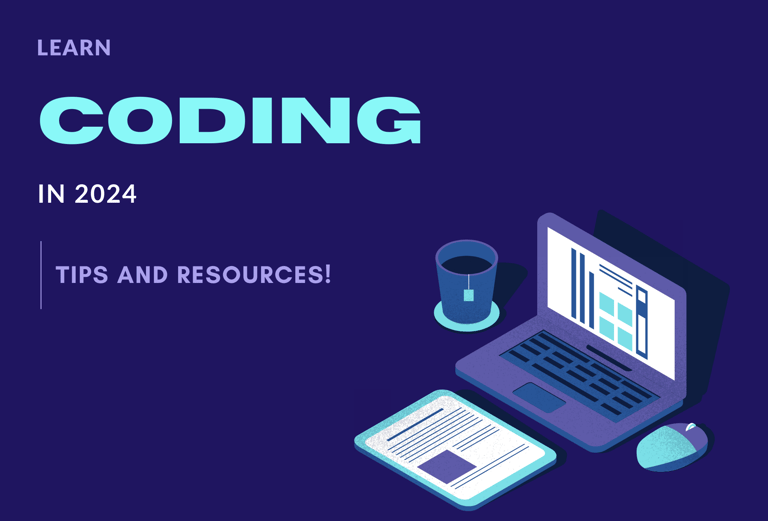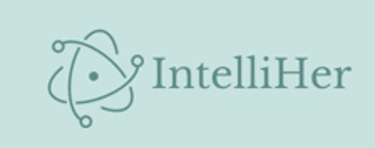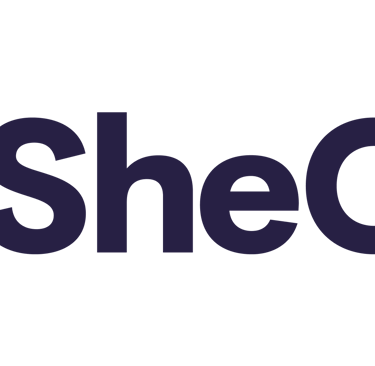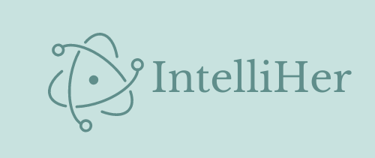Coding in 2024: Resources and Tips
STEM TIPS AND RESOURCES


Learning to code has become an essential skill in today's digital age. Whether you're looking to switch careers, enhance your current skill set, or simply explore a new hobby, there are numerous resources available to help you learn to code. In this blog post, we'll explore some of the best ways and resources to learn to code in 2024.
Online Coding Platforms
Online coding platforms have gained immense popularity in recent years, offering interactive and engaging coding courses for beginners and advanced learners. Platforms like Codecademy, Coursera, and Udemy provide a wide range of programming languages and frameworks to choose from. These platforms offer structured lessons, and practice exercises, and even provide certificates upon completion, making them an excellent choice for self-paced learning. There are also many platforms and websites for students who are looking for programs, internships, and challenges within coding. Whether it be hackathons or LEET code, there are a variety of different types of educational platforms to bring your coding experience to light.
Also, organizations like SheCodes.io and Girls Who Code provide accessible coding workshops for women from all around the world, showing how inclusive this subject can be for certain minority groups.
Click here to get 20% off a SheCodes workshop!
Bootcamps
If you prefer a more immersive learning experience, coding boot camps are a fantastic option. Bootcamps offer intensive coding programs that typically last for a few weeks or months. These programs provide hands-on experience, and mentorship, and often have a strong focus on real-world projects. Some popular coding boot camps include General Assembly, Flatiron School, and Le Wagon. While boot camps can be more expensive than online platforms, they offer a faster way to acquire coding skills and have a higher job placement rate. They also allow for more communication and guidance to allow for better results and performance. These are good for students or people who don’t know where to start and allow you to explore your options within coding and see if it’s something you’d enjoy learning about.
Open Source Projects
Contributing to open-source projects is an excellent way to learn to code while making a meaningful impact. Open-source projects allow you to work on real-world projects alongside experienced developers. Platforms like GitHub provide a vast repository of open-source projects in various programming languages. By contributing to these projects, you can gain practical experience, collaborate with others, and build a strong portfolio to showcase your skills to potential employers. These projects also allow for more understanding of what your best skills are. For example, some prefer more front-end work while others prefer more back-end projects. These projects allow you to try multiple jobs and aspects within the coding field to see where you thrive and grow and for you to gain experience in areas you might not have been so fluent in before.
Community Meetups and Hackathons
Attending community meetups and hackathons can be a great way to network with fellow coders and learn from industry professionals. These events provide opportunities to collaborate on projects, participate in coding challenges, and gain insights into the latest trends and technologies. Meetup.com and Eventbrite are excellent resources to find coding-related events in your area. These also allow for more collaboration and teamwork, which allows for more communication and thought development. You can always learn more from your peers, which is essential in a field such as coding, as there are so many ways to approach the same problem, and some methods from other people may be more efficient than others. Hackathons also allow you to meet more people and try new things, to discover what you like better. Devpost is a very good website to find numerous upcoming/ongoing hackathons, that often involve financial prizes! Hackathons allow you to pursue passion projects on a smaller scale, all while learning at the same time.
In our Hackathon Workshop, we go over how to find hackathons and succeed in them! Check our Events page for more!
Online Tutorials and Documentation
When it comes to learning to code, never underestimate the power of online tutorials and documentation. Websites like W3Schools, Mozilla Developer Network, and Stack Overflow offer comprehensive tutorials, guides, and forums to help you understand various programming concepts, all for free! Harvard also posted their entire CS50 (Intro to Computer Science) course, which is a very immersive and visual way to dive into Computer Science and to learn about its applications in the world. GitHub and Replit also have community pages that allow you to view other people’s projects and learn how to make certain applications and use them. Numerous electronic and hardcopy books go in-depth on several topics and projects within the coding. These resources are handy when you need quick solutions to coding problems or want to dive deeper into a specific topic.
Coding Applications
Since coding is such a vast field, it can be applied to almost anything. Whether it be building any type of app or website, sending machines to outer space, or even making a machine that can learn and adapt on its own; coding is its type of magic that can be applied to whatever you want it to apply to. When going into this field, it’s recommended to first understand where you want to go with it. It doesn’t have to be final, but when you’re building something, having a plan and a basic blueprint allows for an in-depth understanding of how you can code something. Here are some common applications of coding: apps (can be anything you want), websites, music recommenders, chatbots, AI’s, editors, and more. Coding allows you to take separated interests and passions and combine them all into something that truly represents you. Some good resources to find/code an application are the internet for ideas, Replit, GitHub, and even hackathons to see other people’s inventions!
Practice, Practice, Practice
Regardless of your chosen learning method, practice is key to mastering coding skills. Set aside dedicated time each day to code, work on personal projects, and solve coding challenges. The more you practice, the more confident and proficient you'll become. Coding is a very versatile field, that can lead down many different pathways that you may not even know of yet, and that’s the beauty of it! Though it may be tedious at times, coding is a very fulfilling project at every level, and there’s always a way to improve and grow, allowing for a satisfying learning experience. Whatever you’re looking to do, with the up-and-coming technological growth we see within society today, there are infinite possibilities on the horizon, and there’s almost always a way to apply coding to other fields such as music, literature, health, and more.
In conclusion, learning to code in 2024 has never been easier with the abundance of resources available. Whether you prefer online platforms, boot camps, open-source projects, community events, or self-study, there's a learning method that suits your needs. So, roll up your sleeves and dive into the world of coding!



